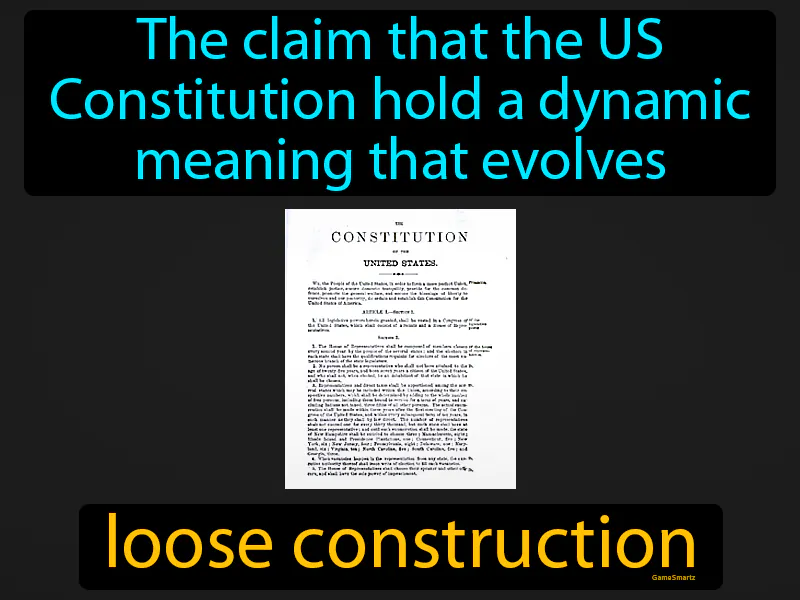Loose Construction

During the early years of the United States, loose construction referred to the belief that the Constitution could be interpreted in a flexible way, allowing the federal government to take actions not explicitly mentioned in the document. This concept was important because it allowed leaders like Alexander Hamilton to establish the National Bank, which was not directly provided for in the Constitution but was deemed necessary for managing the nation's finances. Loose construction responded to the need for a strong central government to effectively address the new nation's challenges and promote economic growth. Today, this concept still matters as it influences how laws and policies are interpreted and applied, affecting everything from internet regulations to environmental protections. For instance, debates over privacy rights in the age of digital technology often hinge on whether the Constitution's principles can adapt to modern circumstances, impacting how personal data is protected.
Practice Version

Loose Construction: The claim that the US Constitution holds a dynamic meaning that evolves. Loose construction. In history, loose construction is the idea that the Constitution can be interpreted broadly to adapt to changing times and circumstances.